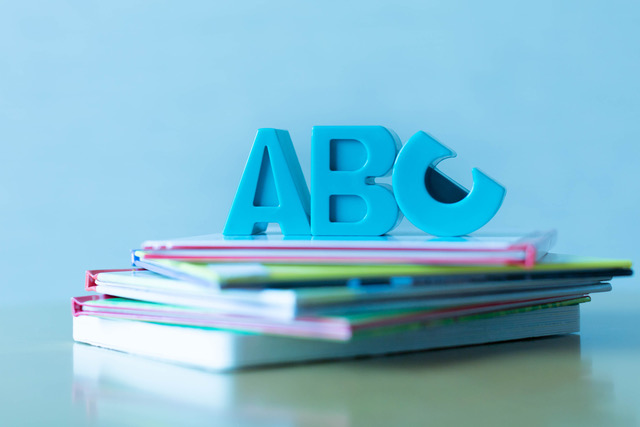How to Achieve a Grade 9 in GCSE English
At Satchel Learning, we’ve helped many students secure top grades in English – including the elusive Grade 9. Achieving this level is no small feat. It takes skill, dedication, and a strong strategy. But it also takes resilience. Because as...








